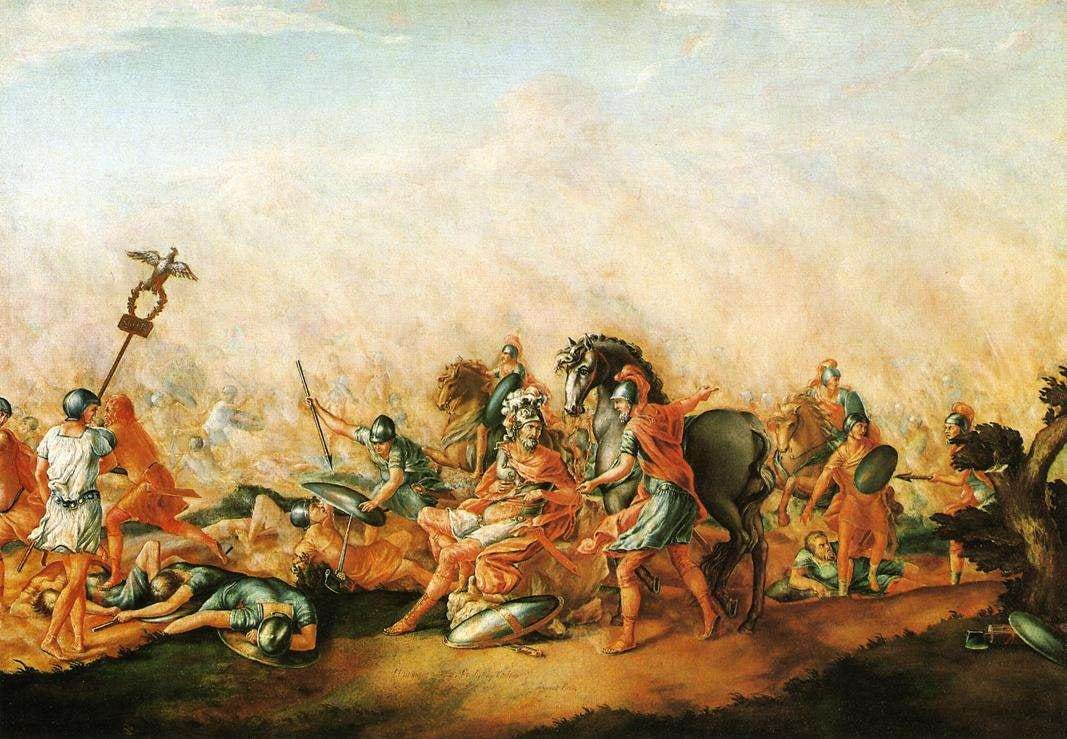#97 On Rome
I just finished listening to Mike Duncan’s The History of Rome. The 73-hour show chronologically chronicles the history of the (Western) Roman Empire from its mythical founding in 753 BCE until the exile of Romulus Augustulus in 476 AD. 1.200 years neatly packed in 30-minute episodes, it’s been a treat.
I’ve spent a fair amount of time with the Romans in my life, so going into the podcast, I knew the highlights. Remus jumping over his brother’s wall, Cannae, Alea iacta est, the Teutoburg forest, Hadrian’s walls, Gladiator, Constantine’s conversion. But I’ve always encountered these episodes as stand-alone stories. Until Duncan’s show, I’d never understood their connections. (And I’d have had difficulty putting them in order.)
In one of the later episodes, Duncan explains his view on the study of history: “I tend to see history as an interplay between broad socio-economic factors and the specific actions of key individuals.” Roman history is exciting primarily because of the latter. With over a thousand years of key individuals, there are sufficient stories to illustrate almost any point. A new story for me was how the emperor Valentinian got so angry with Quadi envoys that he yelled himself to death.
Yet the broad socio-economic factors that defined Roman history are most beneficial to us now. At least, if you’re inclined to read Roman history — especially its decline and fall — as a guide for the now. Duncan doesn’t do this too often, thankfully, and neither will I. The socio-economic development of (Western) Europe from a barbaric hinterland to a feudal society provides the background music to Valentinian’s yelling and all other anecdotes. Essential to push the story forward but unique to the times.
Nonetheless, I thought it fair to share my critical takeaways from 73 hours of podcasts as well as a decent shelf filled with books about Roman history:
Roman emperor is a terrible career choice.
More than half met a violent death, sometimes within months. Only one Western emperor voluntarily abdicated (Diocletian) to see his life’s achievements ruined by his successors.
The Romans were incredibly good at losing.
The most iconic defeats of the Roman legions have turned historic places into famous names: Cannae, Carrhae, the Teutoburg forest, and Adrianople. What I didn’t really appreciate, however, was that these are merely the tip of the iceberg. The Roman legion’s greatest strength was its ability to lose. A minor defeat strengthened its resolve. A significant defeat had them double their efforts. A crushing defeat transformed their fighting style and system.

Do not purge your enemies.
When your educational system is as lousy as the Roman system was, there are simply not enough educated people to afford a purge.
An expansion strategy becomes a losing strategy once you can no longer expand.
Until Trajan, the Roman economy thrived on expansion. The cost of resources and men to conquer new lands was offset by the further plunder, slaves, and taxes these lands brought. After Trajan, when the empire fought to maintain its borders, there was no extra income to pay for the armies this demanded. Slowly, the economy deteriorated. Controlled immigration delayed the process, but once openness to outsiders went out of the window, so did the empire.
I will never be able to name all the emperors by heart.
Julius Caesar, Augustus, Tiberius, Caligula, Claudius, Nero, three emperors, Vespasian, Titus, Domitian, Nerva, Trajan, Hadrian, Antonius Pius, Marcus Aurelius, Commodus, chaos…
With the power of hindsight, you can see societal change from a century away.
Rome did have its watershed moments in the thousand years it was the predominant force in western Europe. The fall of the republic, the rise of Christianity, and the creation of the feudal system. Listening to its entire history chronologically, it is often possible to recognize the roots of the new reality from far away.
Adequately prepared, I ought to read Gibbon.
But before Gibbon, I will continue with the other Roman History, Robin Pierson’s History of Byzantium. Before that, I’m going to catch up on some of the podcasts I have neglected since summer. As always, recommendations are welcome!
Thanks so much for reading, subscribing, forwarding, etc. I acknowledge that since I started my new job, this newsletter has become increasingly erratic and unpredictable. The fact that this hasn’t resulted in a considerable drop in subscribers is something I’m super grateful for. Thank you!
Until next time,
— Jasper


